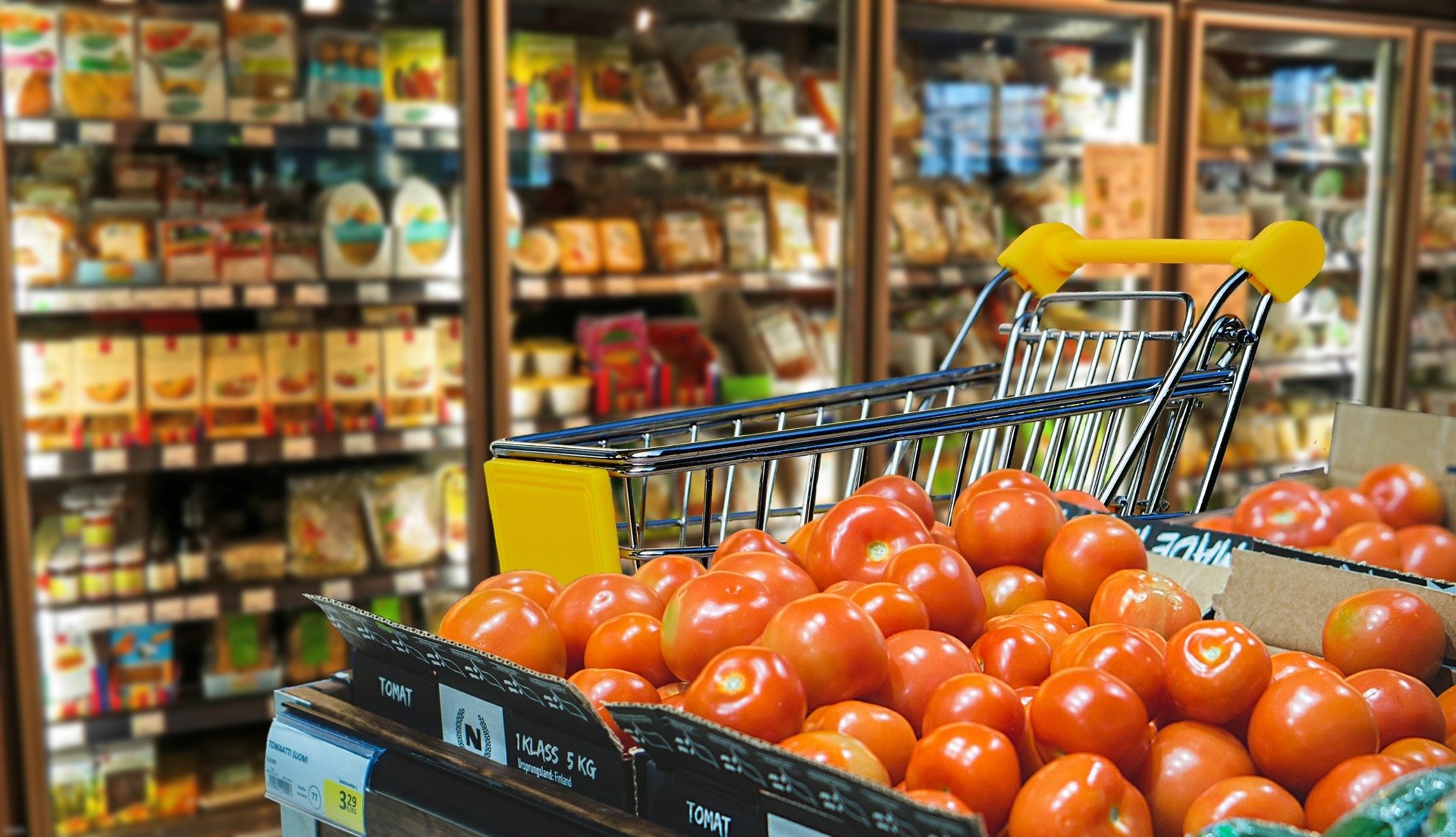Mercadona’s market share drops as Lidl overtakes DIA. Mercadona’s market share fell 1.1% in 2020, the sharpest decline of all major supermarket chains in Spain.
A new top 3 emerges from a report published on Tuesday by consultancy Kantar. Mercadona, despite the loss, still leads with a market share of 24.5%, followed by Carrefour with 8.4% (-0.3%), Lidl with 6.1% (+0.5%) and DIA with 5.8% (-0.6%).
Domestic market
The figures – which measure the consumption of Spanish households and therefore do not take into account the decline in the number of tourists – point to a 12.7% growth in supermarket spending compared to 2019. It anticipates a possible price war with more promotions and discounts.
This strong increase is mainly explained by the decrease in café and restaurant visits due to the pandemic, which led consumers to spend more on products for home consumption.
Regional supermarket chains benefit
Statistics point to the regional supermarket as another winner in 2020 (a category that includes brands such as the Valencian Consum, the Canarian Dinosol, the Galician Gadisa, among others). With an increase in market share of 0.5%, regional supermarkets, including Eroski, now represent 19.1% of the market.
Online purchases
In terms of sales channels, the report’s authors point to the strong growth of the online supermarket. The share of online purchases increased by 0.8% to a total of 2.6%. This upturn in online sales of consumer goods (food, drinks, hygiene and cleaning products) is region-specific and strongest in Catalonia, Madrid, Valencia, Andalucia and Castilla y Leon.
Eight out of every ten euros spent online on these consumer goods is on the websites of the ‘physical’ supermarket chains. Apart from this, Amazon stands out, with a share of 5.8%, which represents an increase of 1.7% compared to 2019.
Specialised shops
The survey also shows that after 15 years of gradual decline, sales at traditional markets and specialist shops (greengrocers, fishmongers and butchers) remained stable this year (19%).
Decreasing loyalty
According to Florencio Garcia of Kantar Worldpanel Iberia, all distribution groups saw sales increase, but some vendors benefited more than others. Shoppers at Mercadona, Carrefour and DIA are less loyal to these chains and spread their spending across different shops.
Mercadona suffered most because the chain did not have convenience stores in all Spanish municipalities. It also struggled to meet all online orders in the period in question. To regain market share, Mercadona focuses more on offering fresh products than on lowering prices. In 2008, Mercadona started a price war, however “there was no direct competition from price fighters like Lidl or Aldi,” explains Garcia.
Carrefour wants to reposition itself as ‘in the neighbourhood’ by purchasing Supersol in 2021. DIA’s strategy to regain market share is not yet known. “DIA will need a few years for that,” says Garcia. It is the supermarket chain with the most physical shops – more than 3,000 – although many are closing. DIA took advantage of the pandemic to strengthen itself as an online supermarket.
Outlook
In the coming years, Garcia foresees a slowdown in the opening of new supermarkets in Spain. He warns against the risks of a new ‘price war’ in the sector. This is underway, with many offers and discounts, but limited to certain categories and products.
It would be wrong for distributors to make the same mistakes as during the last crisis, when everyone tried to position themselves through low prices. That would erode both their margins and those of the manufacturers. “The trick is for the supermarkets to differentiate themselves in the medium term so that each takes its place on the playing field,” concludes Garcia.


